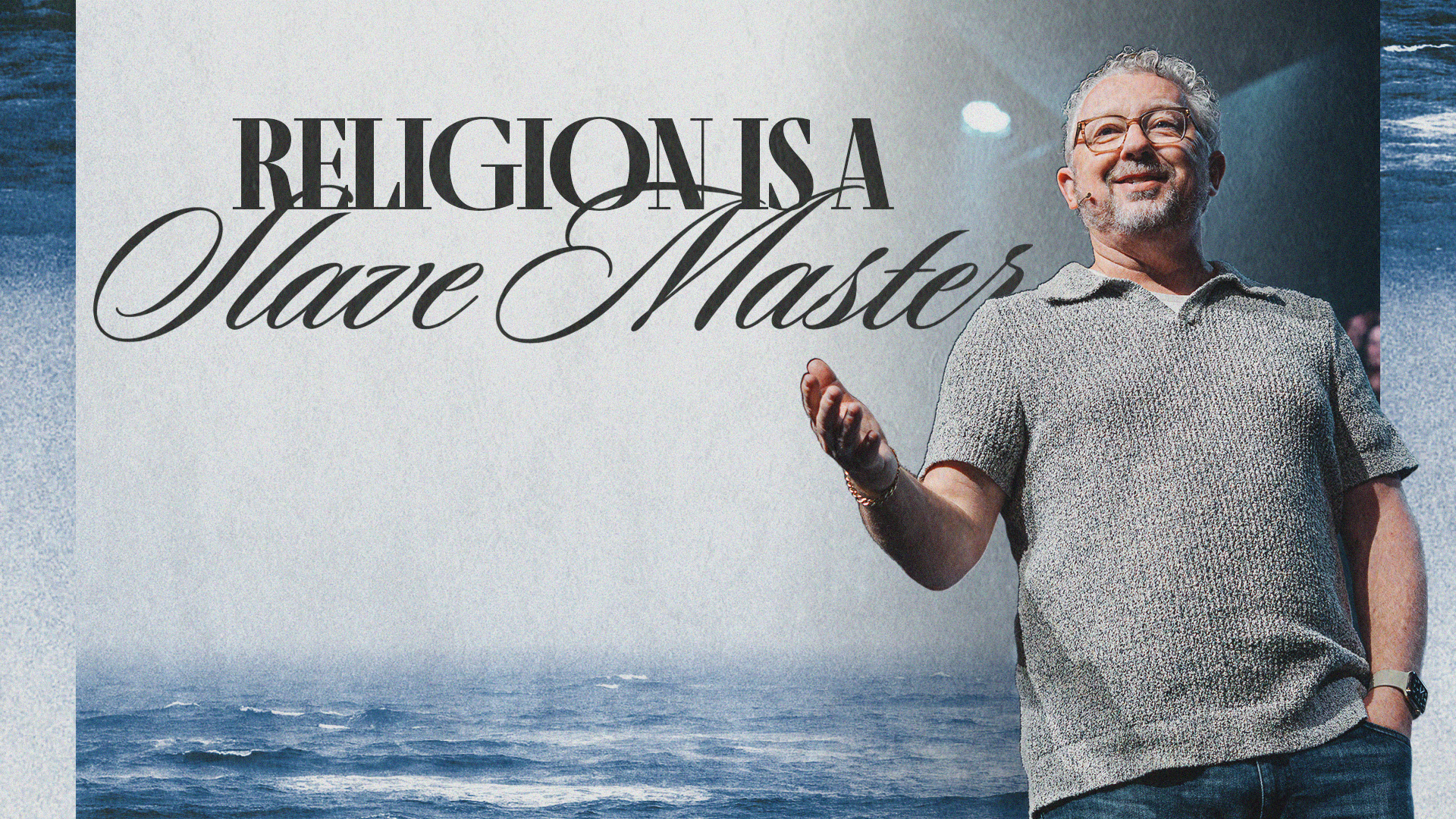Key Theme: Your deformity doesn’t define you—faith does. Jesus meets us not in our perfection, but in our willingness to believe, cry out, and move forward.
Key Scripture: Mark 10:46–52, Romans 12:6–8
Have you ever felt like your past mistakes or personal weaknesses have become the labels that define your life? Maybe it was a failure, a divorce, an addiction, or something someone said that stuck with you. In Mark 10:46-52, we meet a man known only by his brokenness: Blind Bartimaeus. Before his name is even mentioned, the Gospel identifies him by his condition. But through his bold encounter with Jesus, Bartimaeus shows us that while the world may define us by our deficiencies, Jesus defines us by our faith.
As Jesus passed by, Bartimaeus didn’t stay silent. Though blind, he used what he did have—his voice—to cry out: “Jesus, Son of David, have mercy on me!” (Mark 10:47). Even when others tried to silence him, he cried louder. His desperation overcame discouragement. He teaches us that our healing begins not when we’re perfect, but when we’re willing to use the faith we already have to reach out to the Savior.
What’s most powerful is Bartimaeus’ decision to throw off his cloak—likely the one thing that identified him as a beggar (Mark 10:50). He discarded what once labeled him, before he ever received his healing. That step of faith preceded the miracle. Jesus responds, “Go, your faith has healed you” (Mark 10:52). This passage challenges us to examine the “cloaks” we’ve been wearing—identities rooted in shame, brokenness, or fear—and to leave them behind in pursuit of Jesus.
Mark 10 reminds us that restoration doesn’t begin with sight—it begins with faith. Whatever has tried to define you—regret, failure, fear—is not who you are in Christ. When you hear His voice, don’t hesitate. Cry out, step forward, and believe. Your healing, like Bartimaeus’, might just be one faith-filled moment away.





